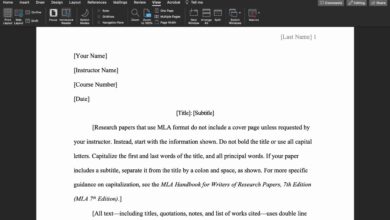Immigration – A Key to Bridging the Global Talent Gap

The world has a big problem with not having enough skilled people. The lack of skilled workers around the world is a serious problem that affects many types of businesses.
As people get older and birth rates drop, there is more demand than supply for skilled workers. This mismatch is bad for both creativity and economic growth. Consult Vanderwall Immigration if you need help figuring out complicated immigration issues.
What role does immigration play in addressing the talent gap?
Immigration is a strong way to help with the lack of skilled workers. Getting skilled workers from around the world can help countries fill important skill gaps and grow their economies. However, strict immigration rules can make this less likely to happen.
Innovative visa solutions can lead to prosperity.
Countries need to come up with new visa options to draw the best workers. These ideas should make it easier for people to immigrate, let people choose how they work, and give people ways to become lifelong residents.
- Fast-track visa programs: Speeding up the visa application process for highly skilled people can cut down on the time it takes for them to start working and add to the economy.
- Remote work visas: With remote work visas, skilled workers can work from home, which can increase the amount of talent and draw digital nomads.
- Startup visas: Giving visas to entrepreneurs and creators can help the business community grow.
The economic benefits of global talent migration.
Countries that let talented people move around the world get a lot of economic benefits:
- Innovation: A diverse workforce brings new ideas and solutions to the table because of the different points of view that people bring to the table.
- Growth of the economy: Skilled newcomers help the economy grow by starting businesses, making jobs, and paying taxes.
- Better ability to compete in the global market: A strong talent pool helps countries do well in the global market.
The Human Capital Index (HCI) can be a measure of talent development.
The Human Capital Index (HCI) is a good way to figure out how well a country can train its workers. Education, health, and skill growth are some of the things that it tracks. Countries with high HCI scores are better able to get and keep top employees.
It is becoming increasingly important to rethink immigration policies.
To fully use the skills of people from around the world, lawmakers need to think more ahead of time about immigrants. Among these are:
- Simplifying visa processes: Cutting down on paperwork can help you hire and keep the best employees.
- Adding more visa categories: To meet new talent needs, you can add new visa categories for certain skills and businesses.
- Promoting international student programs: Getting overseas students to come to the U.S. to learn and work can help create a pool of future abilities.
- Making it easier for families to get back together: Letting skilled newcomers bring their families with them can help them fit in better and stay in the host country longer.
By supporting immigration reform, countries can ensure their future prosperity and deal with the urgent problems caused by the lack of skilled workers around the world.
The global talent shortage is a complicated problem that has effects that reach far and wide. As we move into the 21st century, countries can become world leaders by implementing new immigrant policies and making the workplace friendly for skilled workers.
How to navigate the complexities of immigration law.
The rules and laws about immigration are very complicated, so it is best to talk to an experienced immigration lawyer. An attorney can give you expert advice, check to see if you are eligible for different visa programs, and help you with the application process.
People and companies can improve their chances of successful immigration and get the most out of global ability by getting professional help.



